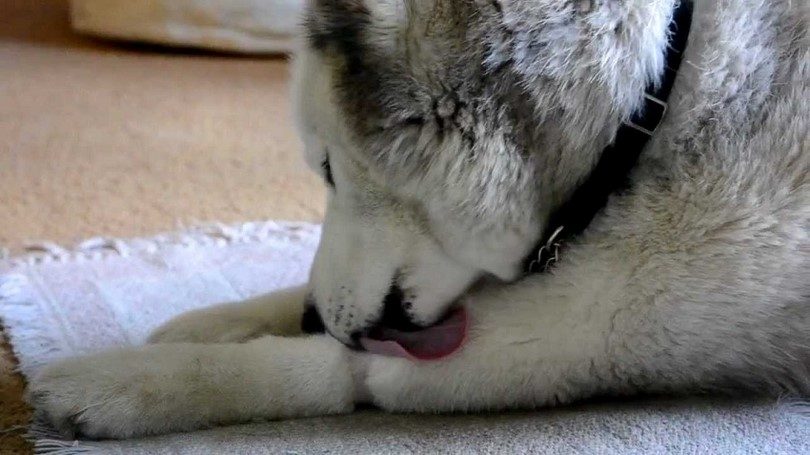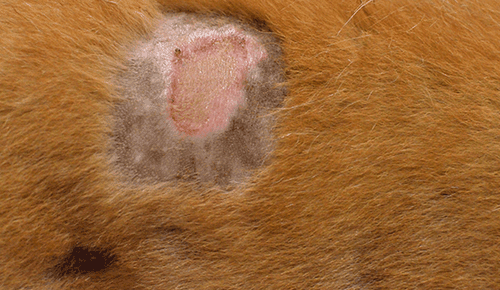
Stereotypes in dogs
There is such a disorder of conduct as obsessive stereotypy. What is it, where does it come from and can you help the dog?

Contents
Types of stereotypy in dogs
Stereotypes in dogs are of different types:
- Motor stereotypy when the animal runs (in a straight line back and forth or in a circle, catches its tail, etc.)
- Oral stereotypy where a dog, for example, sucks on bedding or licks, chews or sucks on parts of its own body before wounds form.
- A dog in a state of semi-trance clicks its teeth, as if catching invisible flies.
The dog is ready to do this for hours and this behavior looks abnormal.
Why does stereotypy develop in dogs?
Most often, stereotypy manifests itself under stress. And not with a single stressful event, but when the dog lives in a situation of long-term, chronic stress.



That is, stereotypy, of course, can develop due to stress. However, if the dog has a genetic predisposition, stereotypy can develop without a stressor.
A natural question arises: why do dogs do this? There is an explanation. When a dog, for example, gnaws out a part of its body, that is, it hurts itself, it begins to produce natural painkillers – endorphins, a kind of pleasure hormones. And in this way, such behavior helps the dog survive stress. Yes, the dog hurts himself, but psychologically he feels better, and this helps him to endure hard times. However, then the dog begins to die from such behavior. If we are dealing with a dog with genetic behavioral disorders (that is, there is no stress, but stereotypy still manifests itself), then this is a kind of drug addict dog. Scientists conducted a large-scale study of oral stereotypy in Dobermans, the results of which were published in 2014 in the journal Genome Biology. And it turned out that there are genes associated with this behavioral disorder. There are 4 genes associated with the work of synapses. That is, they do not directly affect the dog’s enjoyment of stereotypy, but they affect the fact that the dog cannot normally enjoy life. The work of synapses “prevents” the dog’s receptors from perceiving endorphins in everyday life. 



Can you help a dog with stereotypy?
First of all, we need to understand what we are dealing with: a genetic mutation, the impact of stress, and maybe (if oral stereotypy is suspected) even infection with parasites (for example, fleas). With the latter case, everything is more or less clear – help shampoo and other pest control products will come. If we know that there are genetic disorders, we can give the dog a drug that will “make” the receptors “catch” endorphins. That is, a competent veterinarian is able to choose a treatment in which the dog can lead a life close to normal. In addition, if we know which genes are responsible for the development of stereotypy, we can do an analysis, as analysis is now done for genetic diseases, for example, dysplasia , and not allow such a dog to be bred. And then, if breeders are responsible enough, this problem will soon appear with much less probability. Although this is a matter for the future: at present, unfortunately, no one is doing such an analysis yet. But potential owners, having an idea of stereotypes, can, knowing that the puppy’s parents had something similar, be careful and choose another breeder. If chronic stress caused the stereotypy, then improving the dog’s living conditions and eliminating the stress factor will help here.










